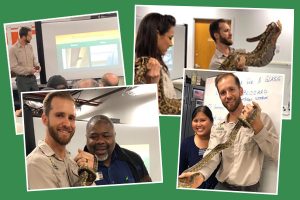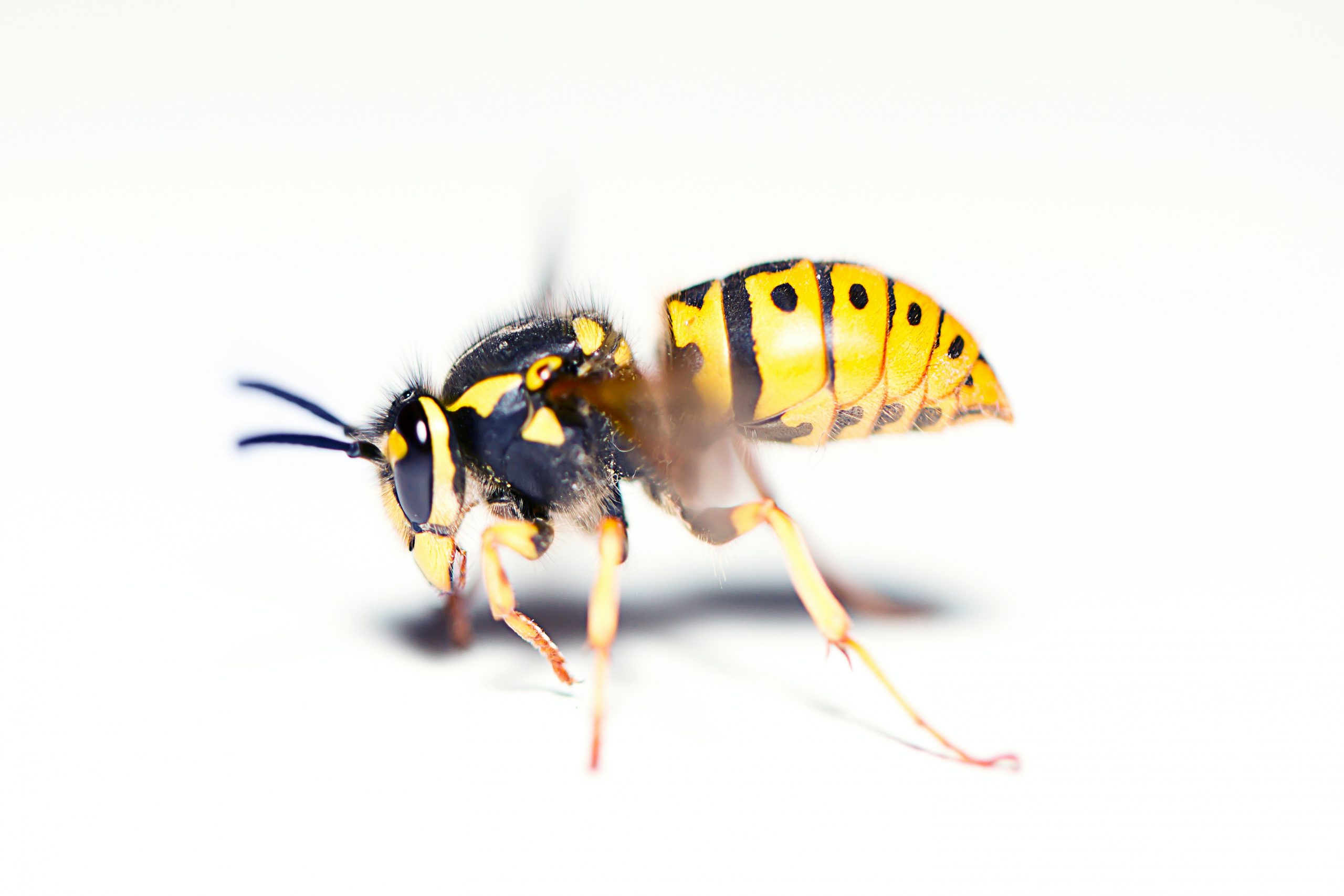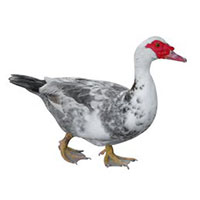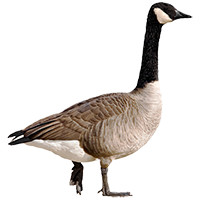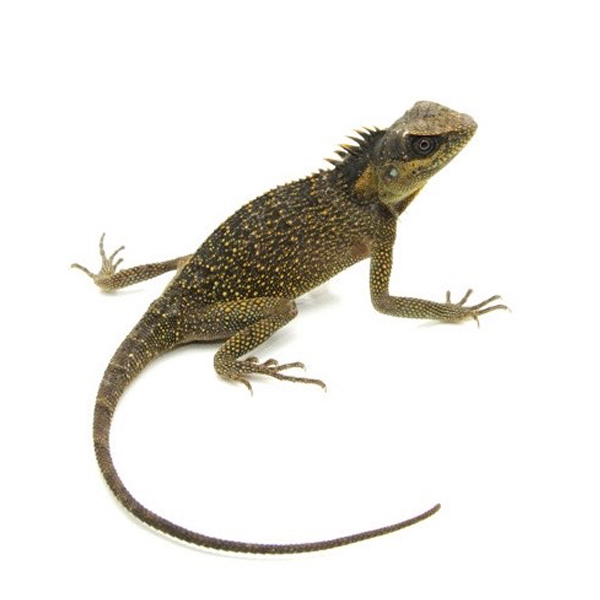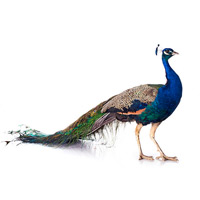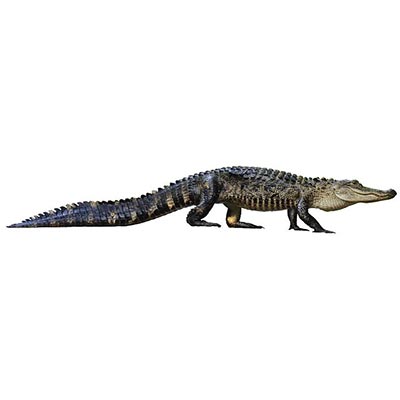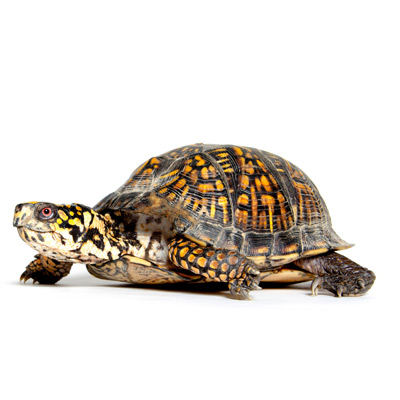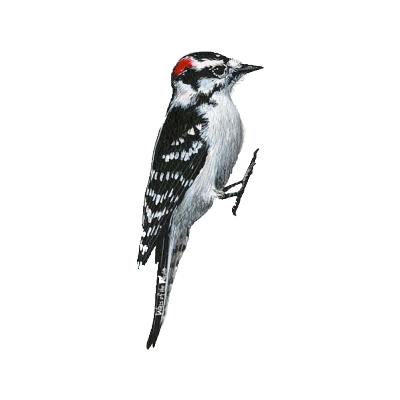How Long Can Baby Racoons Live Without Their Mother?

Raccoons, or “trash pandas” as they’re often jokingly called, are common throughout Florida. You can find them anywhere there are trees, a water source and a food source. Depending on where you live, it’s unsurprising to find a few of them running around your backyard.
However, seeing a bunch of baby raccoons or kits can be quite a shock. If you find baby raccoons with their mother nowhere near, you might wonder, “how long can baby raccoons live without their mother?” You might also wonder how to humanely catch a mama raccoon and her babies. Read on for answers.
Facts About Baby Racoons and Their Mothers
So, how long can baby raccoons live without their mother? First, it’s essential to know a little more about these furry critters.
An infant raccoon is born blind and deaf, which means it’s helpless without its mother until it has been fully weaned. Its mother nurses it for about three months. However, that doesn’t mean it can survive without its mother when it has been weaned. An infant raccoon may still need help finding food and shelter.
Up to nine months after birth, it remains heavily dependent on its mother and cannot survive without her for very long. Some raccoon families stay together for a year before the babies leave and start litters of their own.
The answer to “how long can baby raccoons live without their mother” depends on various factors such as the age of the raccoon, its health and the season. A one-year-old raccoon in good health stands a good chance of making it in the wild. On the other hand, a newborn is unlikely to survive without help.
Baby raccoons stand a better chance of surviving for a few weeks without their mother if they have been weaned, the weather is warm and if they have shelter and access to food. Otherwise, they could die in a few days.
What to Do If You Find Baby Racoons on Your Property
Before you start researching “how to catch a baby raccoon,” you need to ensure that it has been orphaned or abandoned. Some raccoon mothers leave their babies for extended periods to search for food and will come back for them eventually.
Here are some signs that a baby raccoon has been abandoned:
- The baby raccoons won’t stop crying.
- They appear sick, injured or cold.
- There are insects like ants or flies on or around the baby raccoons.
If the baby raccoons look otherwise healthy, simply leave them alone for one day and see if the mother raccoon returns. If she doesn’t, call a wildlife removal service, as they know best how to catch a baby raccoon, humanely remove it from your property and relocate it to a safe place.
What If the Mama Racoon Comes Back?
If the raccoons’ mother returns, you might be tempted to look up “how to catch a mama raccoon and her babies?” on the Internet. Remember, however, that attempting to catch a raccoon and its babies can be very dangerous.
Raccoons are fiercely protective of their young. The mother raccoon will likely attack you if you attempt to get near her and her babies.
The best thing to do in this situation is to contact experts, such as a wildlife removal service. They are trained to know precisely how to catch a mama raccoon and her babies while ensuring their safety as well as of the animals.
Why It’s Important to Have Racoons Removed From Your Property
Raccoons might seem cute or harmless. In fact, they help humans in some ways due to their omnivorous appetite – they eat harmful insects and even small rodents.
Unfortunately, raccoons are far from being harmless. They carry diseases, such as rabies, threatening humans’ and pets’ well-being. They’re also known for rooting in garbage cans and breaking into homes searching for food or a nesting place.
Can Nursing Racoons Damage Property?
Raccoons with young can tear out shingles and fascia to gain access to your attic. They may also rip through the insulation in your walls, break into your home via your chimney or take up residence under your porch or deck. Even baby raccoons can cause damage by leaving urine and feces in your home.
Can Racoons Squeeze Into Small Spaces?
The answer to the question, “can raccoons squeeze into small spaces” is a resounding “yes.” Male adult raccoons can fit through openings as tiny as four to five inches wide. Meanwhile, female raccoons can squeeze through tinier holes.
What to Do If You Find Racoons on Your Property
The first step is to contact a wildlife control company that uses humane methods, such as trapping, to remove raccoons. Apart from being inhumane, techniques such as poisoning can result in the raccoons dying within walls, in attics or other spaces within a property. This will then necessitate a more complicated removal; otherwise, the carcass would attract pests and create a stench.
After the raccoons are removed, you should consider hiring a company to “animal-proof” your property. This involves thoroughly inspecting a building to find gaps, holes and other possible entry points for pests and seal them. This helps ensure that raccoons and other pests cannot enter your property in the future.
Trusted Experts in the Humane Capture of Nuisance Wildlife
Founded in 2007, Quick Catch is a locally owned and operated company that provides humane capture and relocation services throughout North Florida and surrounding areas. Our team loves animals—this is why we specialize in removing them from residential and commercial properties and placing them back in their natural environment.
To learn more about our services or get an estimate, reach out to us today.
Read more posts from the Category Raccoon Removal.







